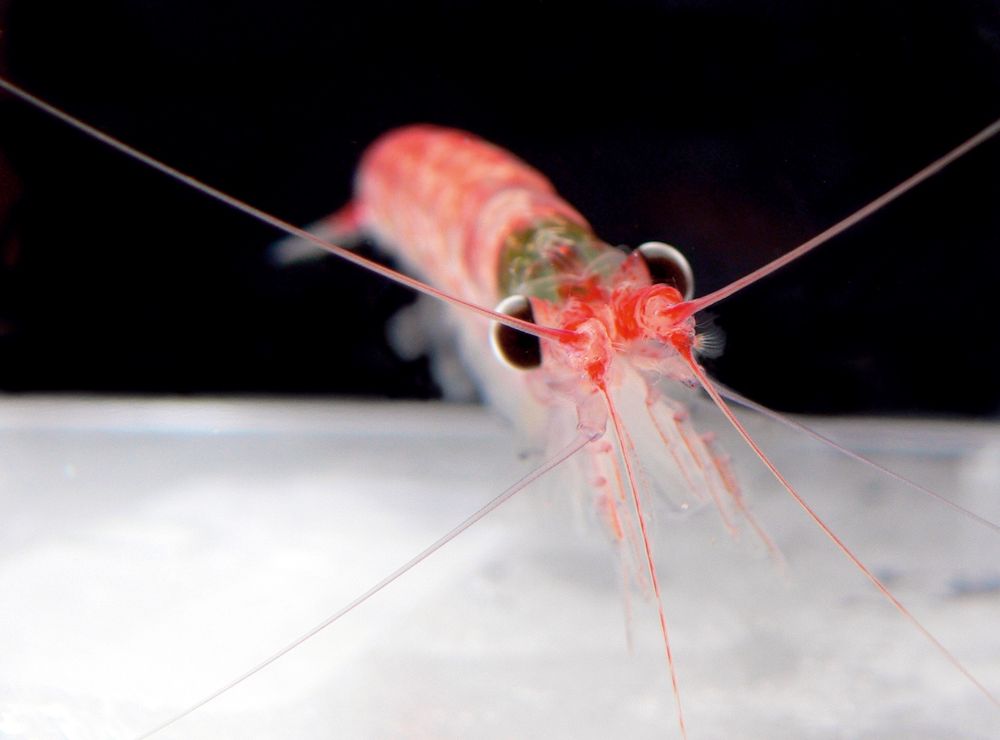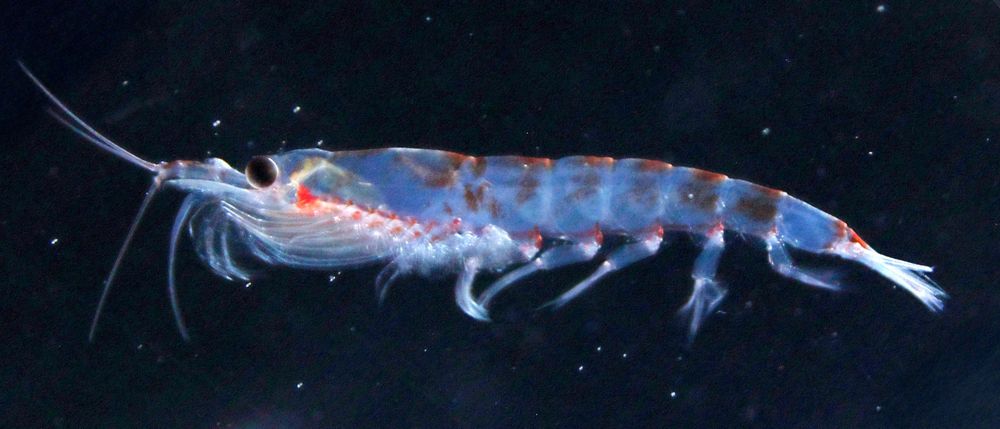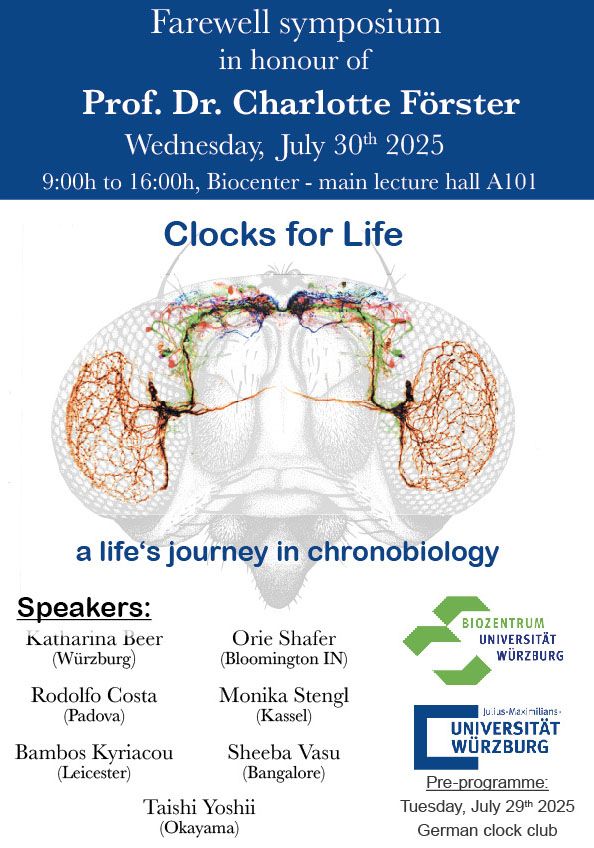
go.uniwue.de/circadianclock

go.uniwue.de/circadianclock
www.awi.de/en/about-us/...
Photo: Carsten Pape

www.awi.de/en/about-us/...
Photo: Carsten Pape


19.-21.11.2025 in Hamburg, Germany.
Abstract submission extended to 8/8/25 :-)
www.sfb1372.de/young-resear...

19.-21.11.2025 in Hamburg, Germany.
Abstract submission extended to 8/8/25 :-)
www.sfb1372.de/young-resear...
New AWI study shows: Acoustic data reveal when and where fishing vessels compete with whales and penguins for krill in the Southern Ocean – and what this entails for the ecosystem
www.awi.de/en/about-us/...
Photos: S. Menze


New AWI study shows: Acoustic data reveal when and where fishing vessels compete with whales and penguins for krill in the Southern Ocean – and what this entails for the ecosystem
www.awi.de/en/about-us/...
Photos: S. Menze
🖱️ tinyurl.com/3r3pcypm
@aberdlsagb.bsky.social @mrclmb.bsky.social


🖱️ tinyurl.com/3r3pcypm
@aberdlsagb.bsky.social @mrclmb.bsky.social

A lot of very good advices for young scientists
rdcu.be/ekQat

A lot of very good advices for young scientists
rdcu.be/ekQat
Antarctic krill use their clock to control daily rhythms of swimming activity across a wide range of photoperiods, which helps them adapt to their high-latitude habitat🌊🦐🕖☀️
Great collaboration between @uni-wuerzburg.de, @awi.de, @hifmb.de!
doi.org/10.7554/eLif...

Antarctic krill use their clock to control daily rhythms of swimming activity across a wide range of photoperiods, which helps them adapt to their high-latitude habitat🌊🦐🕖☀️
Great collaboration between @uni-wuerzburg.de, @awi.de, @hifmb.de!
doi.org/10.7554/eLif...


